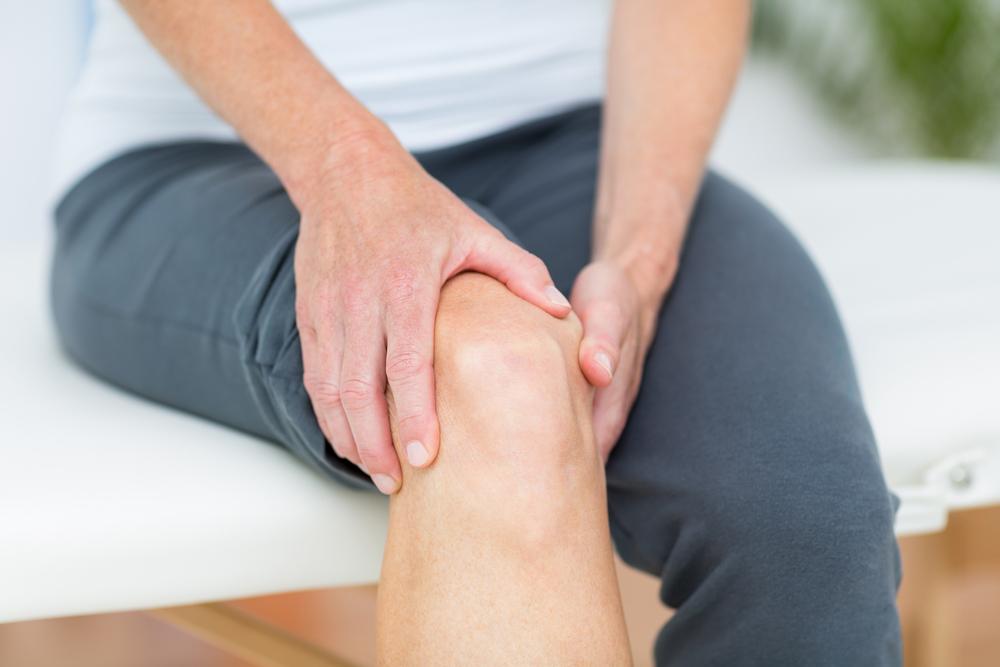Bone and Joint Health Ingredients for Supporting Mobility and Comfort

Glucosamine
Glucosamine is one of the most popular supplements for joint health. It is naturally found in the fluid that surrounds joints and in cartilage tissue. Supplemental glucosamine may help reduce joint pain and promote cartilage repair by stimulating the production of proteoglycans, a component of cartilage. Some research has shown that glucosamine can reduce osteoarthritis pain and improve joint function. Look for glucosamine supplements derived from shellfish, as these forms tend to be better absorbed than those made synthetically. The standard therapeutic dose is 1,500 mg daily.
Chondroitin
Like glucosamine, chondroitin sulfate is a building block of cartilage. It is believed to thicken synovial fluid in the joints and attract fluid into cartilage, making it more resilient. Some research has found that chondroitin alone or in combination with glucosamine can relieve osteoarthritis symptoms and slow disease progression. Be sure to purchase chondroitin from trusted brands, as some lower-quality varieties don’t dissolve well. A daily dose of 800-1,200 mg is commonly recommended.
Collagen
Collagen supplements are popular for supporting Bone And Joint Health due to collagen's role as a major component of connective tissue. The protein collagen makes up about 30% of the total protein content of the body. It provides structure and flexibility to tendons, ligaments, skin, bone and cartilage. As we age, our bodies produce less collagen, which can lead to joint and bone problems. Supplemental collagen may help strengthen connective tissues, lubricate joints and support mobility. Types I and III collagen supplements are most relevant for bone and joint health. Aim for 10-20 grams daily.
MSM
MSM (methylsulfonylmethane) is an organic form of sulfur that occurs naturally in some plants, animals and humans. Preliminary evidence suggests that MSM may alleviate joint discomfort and increase mobility. While its precise mode of action isn’t fully known, MSM is thought to have anti-inflammatory and cartilage building properties. It could also help lubricate joints and protect against exercise-induced free radical damage. Optimal MSM doses appear to be 1,000-3,000 mg daily.
Use of Turmeric and Curcumin in Bone and Joint Health
Turmeric contains curcumin, a polyphenol with potent anti-inflammatory activities. A growing body of research associates curcumin supplementation with relief from arthritis symptoms like joint stiffness, swelling and pain. It may help curb inflammation by inhibiting pro-inflammatory enzymes and cytokines. Look for turmeric or curcumin formulations standardized to contain 95% curcuminoids for maximum benefits. A recommended dosage is 400-600 mg twice daily.
Boswellia
Boswellia is an herb known commonly as Indian frankincense. Extracts from Boswellia serrata appear to target inflammation pathways similarly to some non-steroidal anti-inflammatory medications but with fewer side effects. Preliminary data associates Boswellia supplementation with less knee pain in osteoarthritis patients. It may alleviate discomfort by inhibiting leukotriene biosynthesis. A daily therapeutic amount is 300-500 mg in divided doses.
Get more insights on Bone and Joint Health Ingredients
About Author:
Money Singh is a seasoned content writer with over four years of experience in the market research sector. Her expertise spans various industries, including food and beverages, biotechnology, chemical and materials, defense and aerospace, consumer goods, etc.
- Art
- Causes
- Crafts
- Dance
- Drinks
- Film
- Fitness
- Food
- الألعاب
- Gardening
- Health
- الرئيسية
- Literature
- Music
- Networking
- أخرى
- Party
- Religion
- Shopping
- Sports
- Theater
- Wellness
- IT, Cloud, Software and Technology


